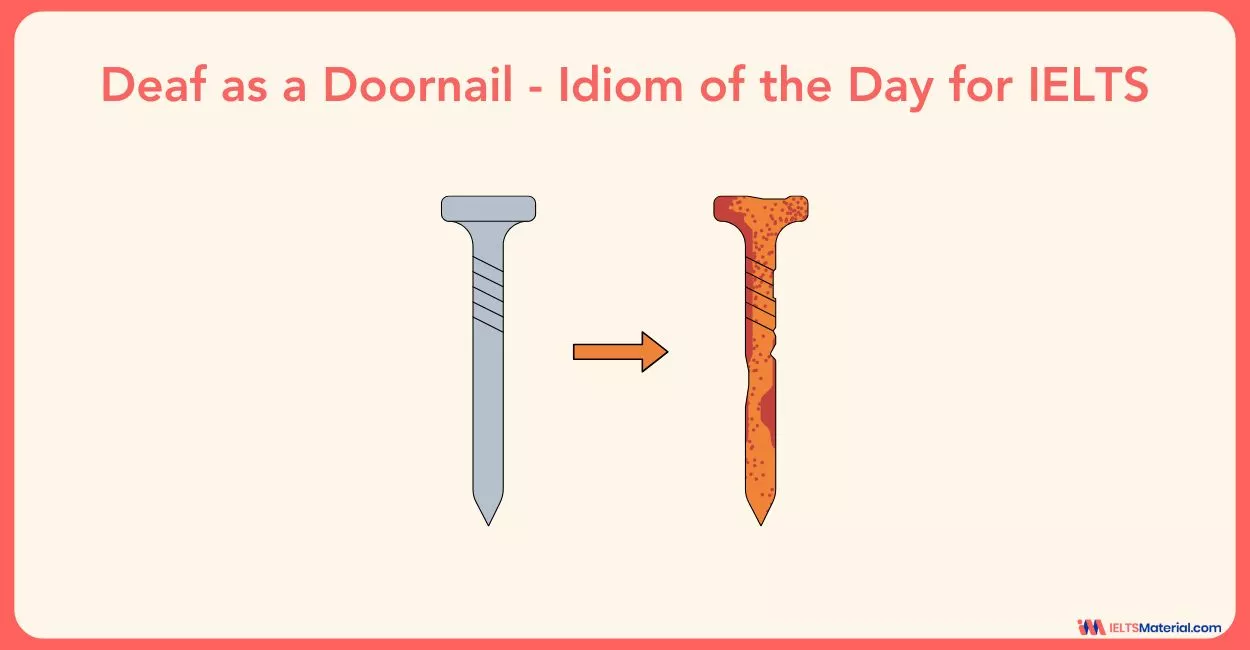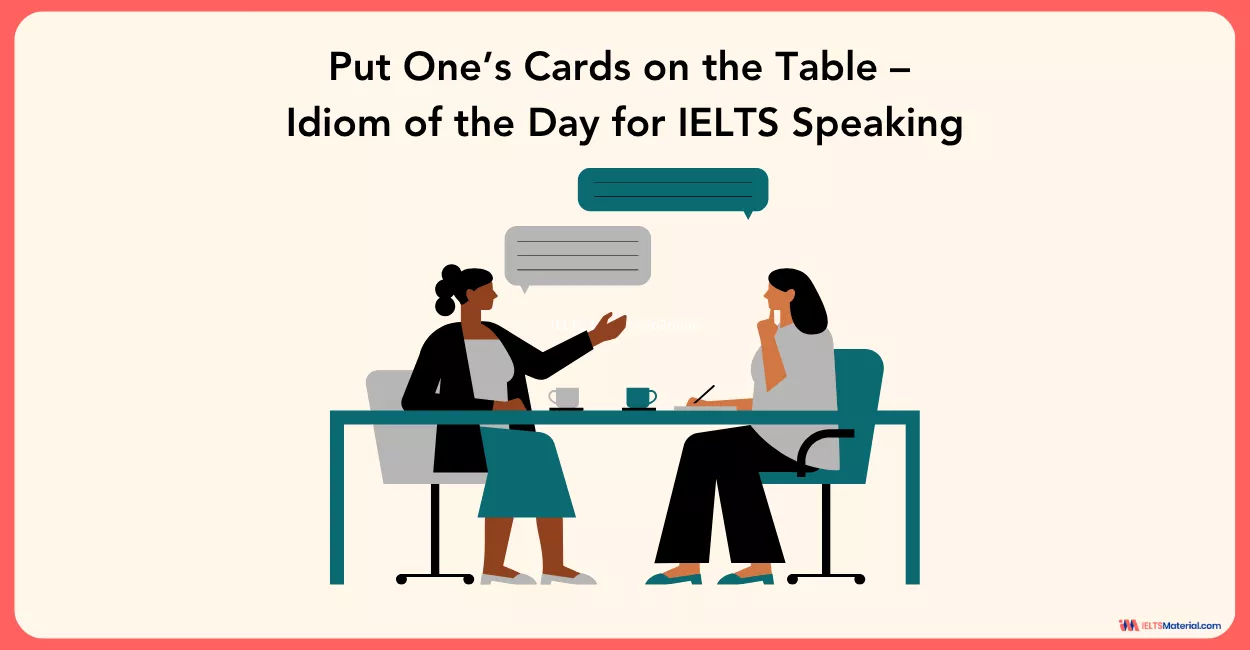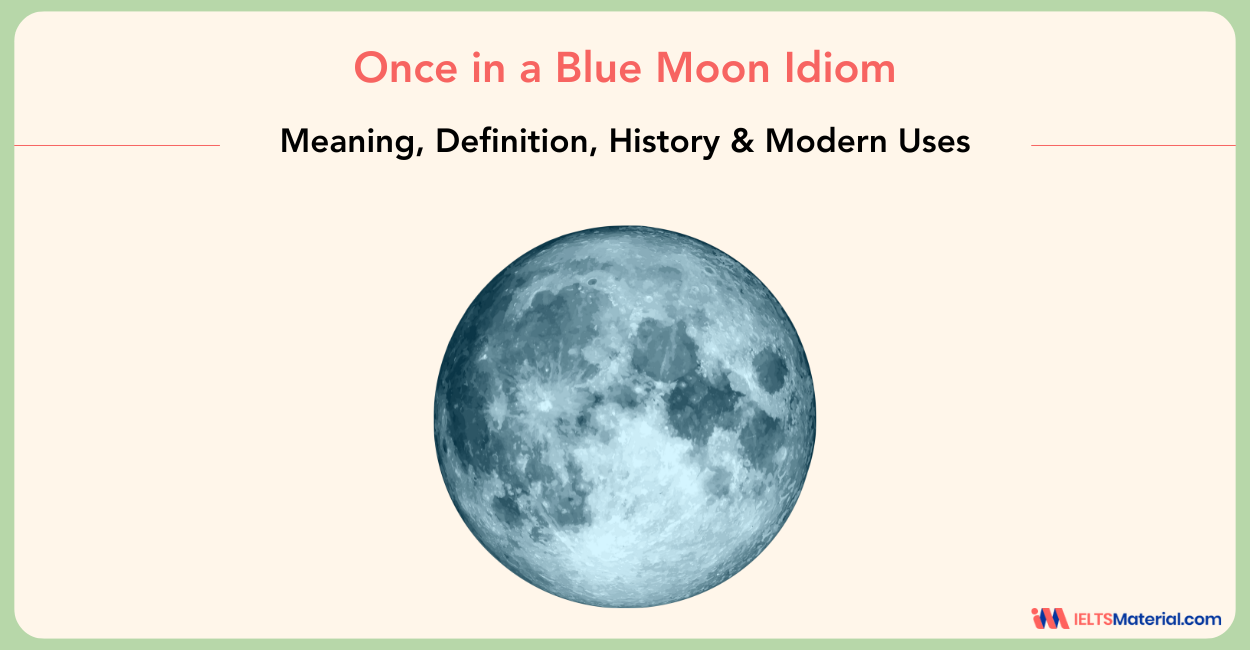Put One’s Cards on the Table – Idiom of the Day for IELTS Speaking
4 min read
Updated On
-
Copy link
This blog explores the idiom “put one’s cards on the table” to boost your IELTS Speaking score. Learn its meaning, origin, usage examples, and practice exercises, that will boost your speaking and writing skills.
Table of Contents

Limited-Time Offer : Access a FREE 10-Day IELTS Study Plan!
When preparing for the IELTS Speaking test, using idiomatic expressions naturally and appropriately can enhance your Lexical Resource score. Today’s idiom, “put one’s cards on the table,” is especially useful when discussing honesty, transparency, or conflict resolution.
Meaning of “Put One’s Cards on the Table”
Definition:
To be honest and open about your intentions, thoughts, or feelings, especially in discussions or negotiations. In simple terms, when you “put your cards on the table,” you’re showing others exactly where you stand no secrets, no hidden agendas.
Origin of the Idiom: “Put One’s Cards on the Table”
This idiom comes from card games, where players reveal their hands by placing cards face-up on the table. In conversations or negotiations, the phrase symbolizes complete openness, letting others see your full position without hiding anything.
Today, it’s widely used in both personal and professional contexts to suggest truthfulness, clarity, and mutual respect in communication.
Usage of “Put One’s Cards on the Table” in Context
Here are some example sentences to illustrate how the idiom is used in IELTS Speaking:
- “I think it’s time we put our cards on the table and discuss what’s really bothering us.”
→ Useful for resolving misunderstandings in a relationship or discussion. - “During the salary negotiation, he laid his cards on the table and explained his expectations clearly.”
→ Shows honesty in a professional setting. - “Rather than hide my opinion, I decided to put my cards on the table at the team meeting.”
→ Suggests open communication in a group or leadership setting.
Want to master more high-band IELTS vocabulary for the IELTS exam? Book a Free Demo Class today.
When to Use the Idiom?
You can use “put one’s cards on the table” in the IELTS Speaking test (especially in IELTS Speaking Part 2 or IELTS Speaking Part 3) when:
- Talking about negotiation or teamwork
- Discussing conflict resolution or honesty
- Reflecting on relationships or important decisions
- Explaining how you handled a situation openly
Sample Answer Using the Idiom
IELTS Speaking Part 2 – Cue Card
Describe a time when you were honest with someone.
You should say:
– Who it was
– What the situation was
– What you said
– And explain why you decided to be honest
Sample Answer:
“Last year, I had a disagreement with a close friend over a group project. We both had different ideas, and it started affecting our communication. I finally decided to put my cards on the table and tell him how I really felt. I explained that I respected his ideas but felt unheard. Surprisingly, he appreciated my honesty, and we ended up finding a middle ground. I think being open like that helped save both the friendship and the project.”
Grab the newly launched Vocabulary for IELTS to level up your preparation.
Synonyms and Related Expressions
| Idiom / Expression | Meaning | Example Sentence |
|---|---|---|
| Lay it all out | Be fully honest | “He laid it all out during the interview.” |
| Speak frankly | Say what you really think | “She spoke frankly about the company’s problems.” |
| Be upfront | Be honest from the start | “It’s better to be upfront about your expectations.” |
| Come clean | Admit the truth | “He came clean about missing the deadline.” |
Common Mistakes to Avoid
- Wrong verb tense: Use “put” or “laid”, not “putted.”
- Correct: “She put her cards on the table.”
- Wrong: “She putted her cards on the table.”
- Wrong context: Don’t use this idiom when talking about casual or unrelated topics like sports or cooking, unless honesty is the focus.
- Overuse: Avoid using too many idioms in one answer. Keep it natural.
Exercise Time
1. Multiple-Choice Question
Q1:
During the meeting, I decided to ____________ and tell them how I truly felt.
a) put my cards on the table
b) cry over spilled milk
c) jump on the bandwagon
d) take a rain check
Correct Answer: a) put my cards on the table
2. Fill-in-the-Blank
Q2:
If we want to solve this issue, we need to __________ and stop pretending everything is fine.
Correct Answer: put our cards on the table
Explore IELTS Resources

Start Preparing for IELTS: Get Your 10-Day Study Plan Today!
Recent Articles

Kasturika Samanta

Prity Mallick

Nehasri Ravishenbagam





Post your Comments
5 Comments